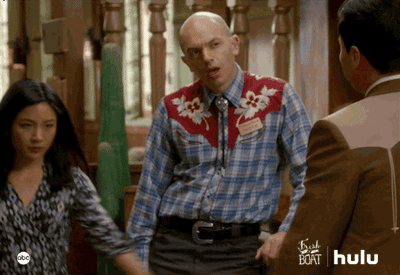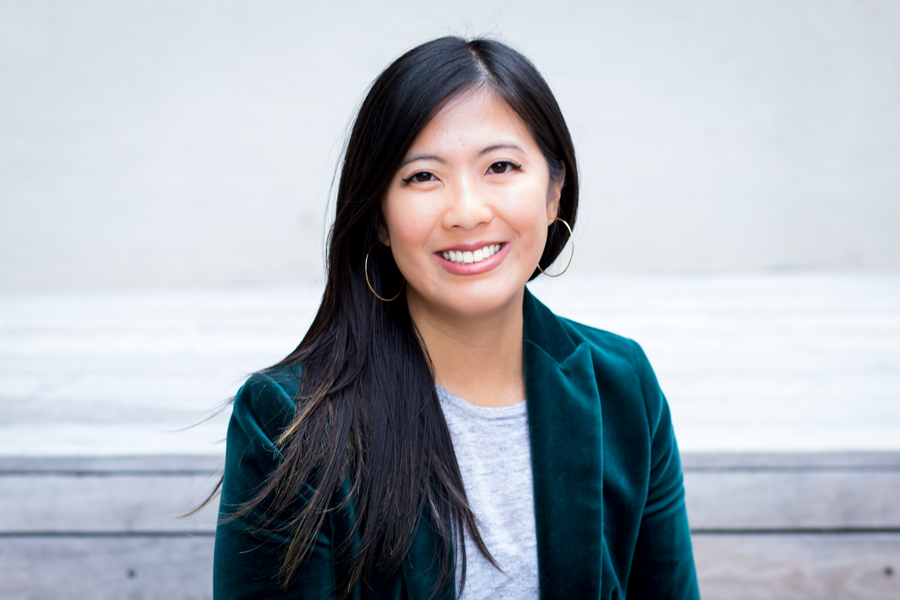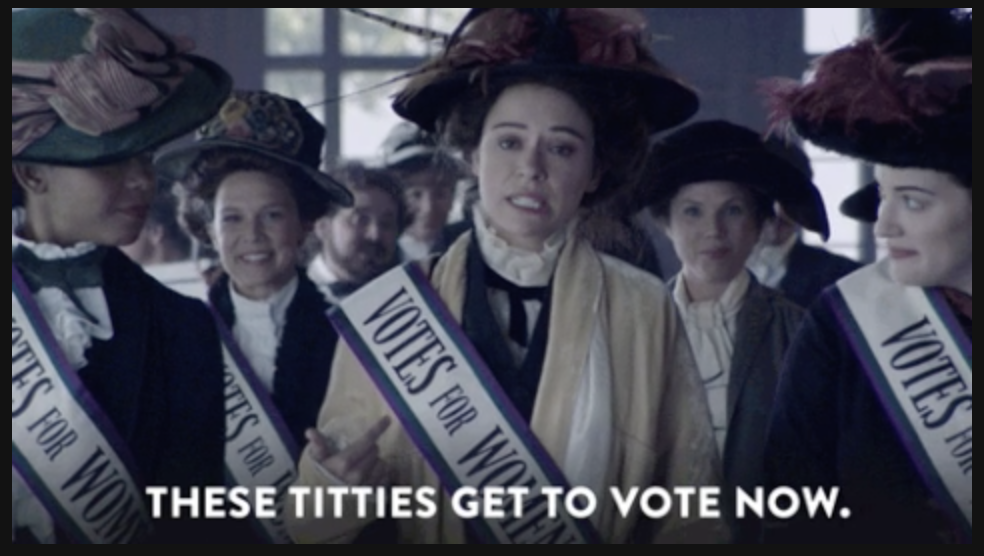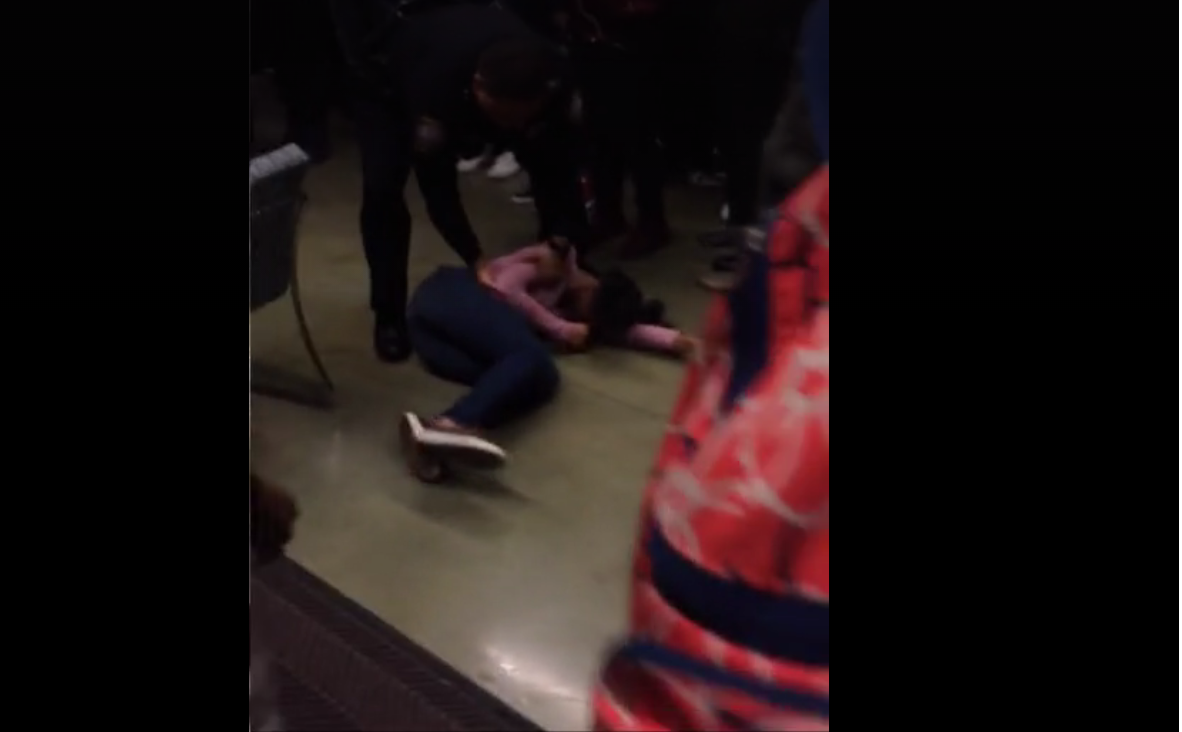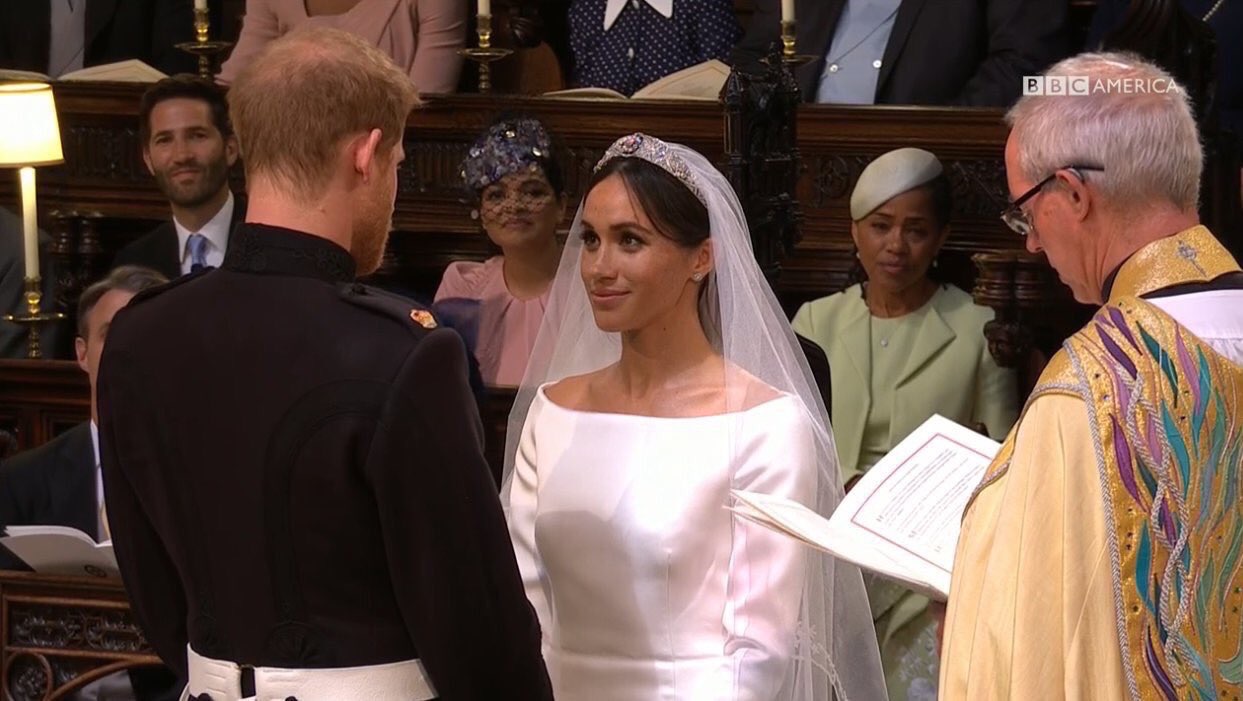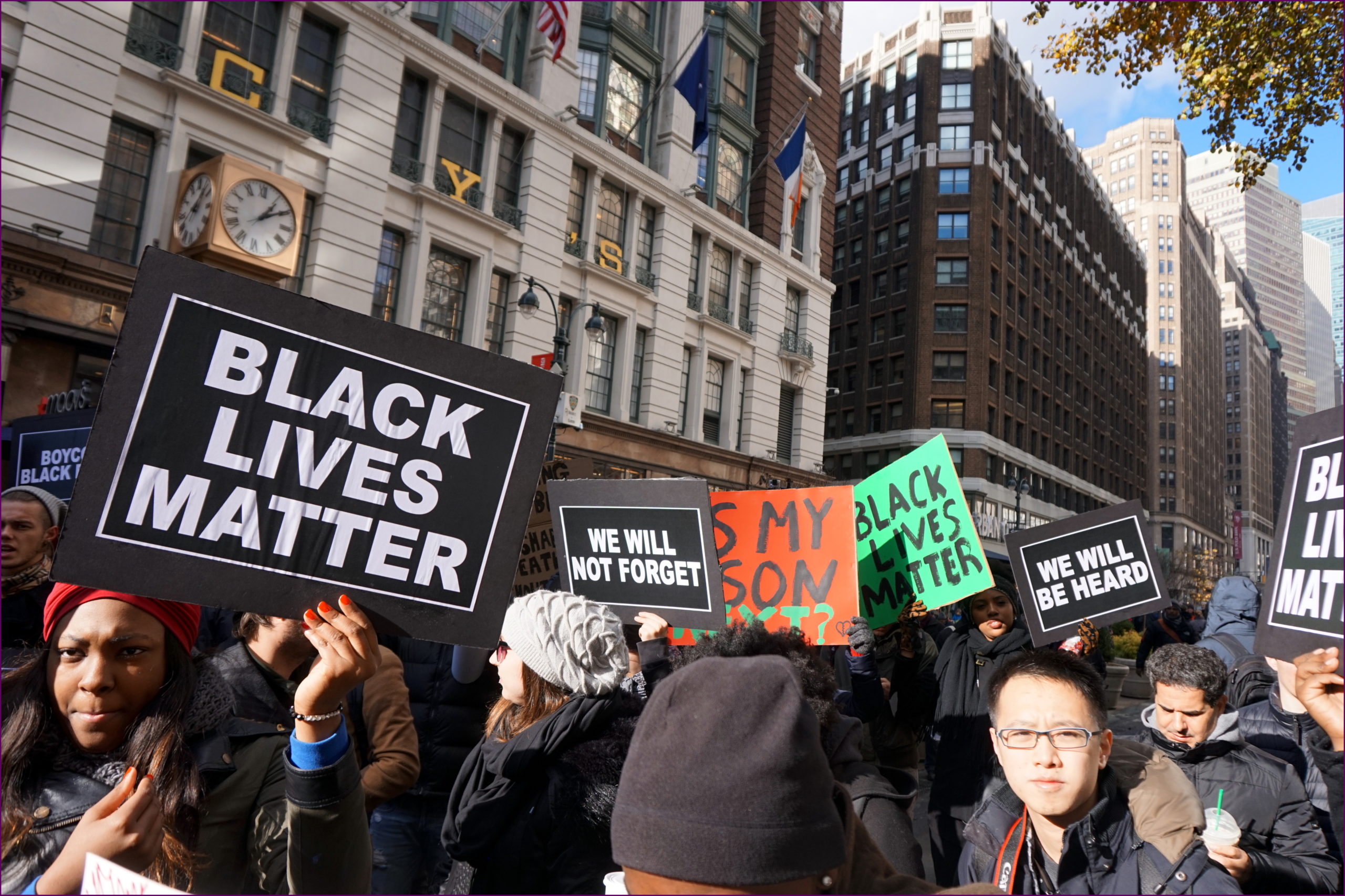Abortion rights, women of color, and LGBTQIA+ people are under attack. Pledge to join us in fighting for gender justice.
You Don’t Belong Here: A Conversation About the Impact of Asian Representation
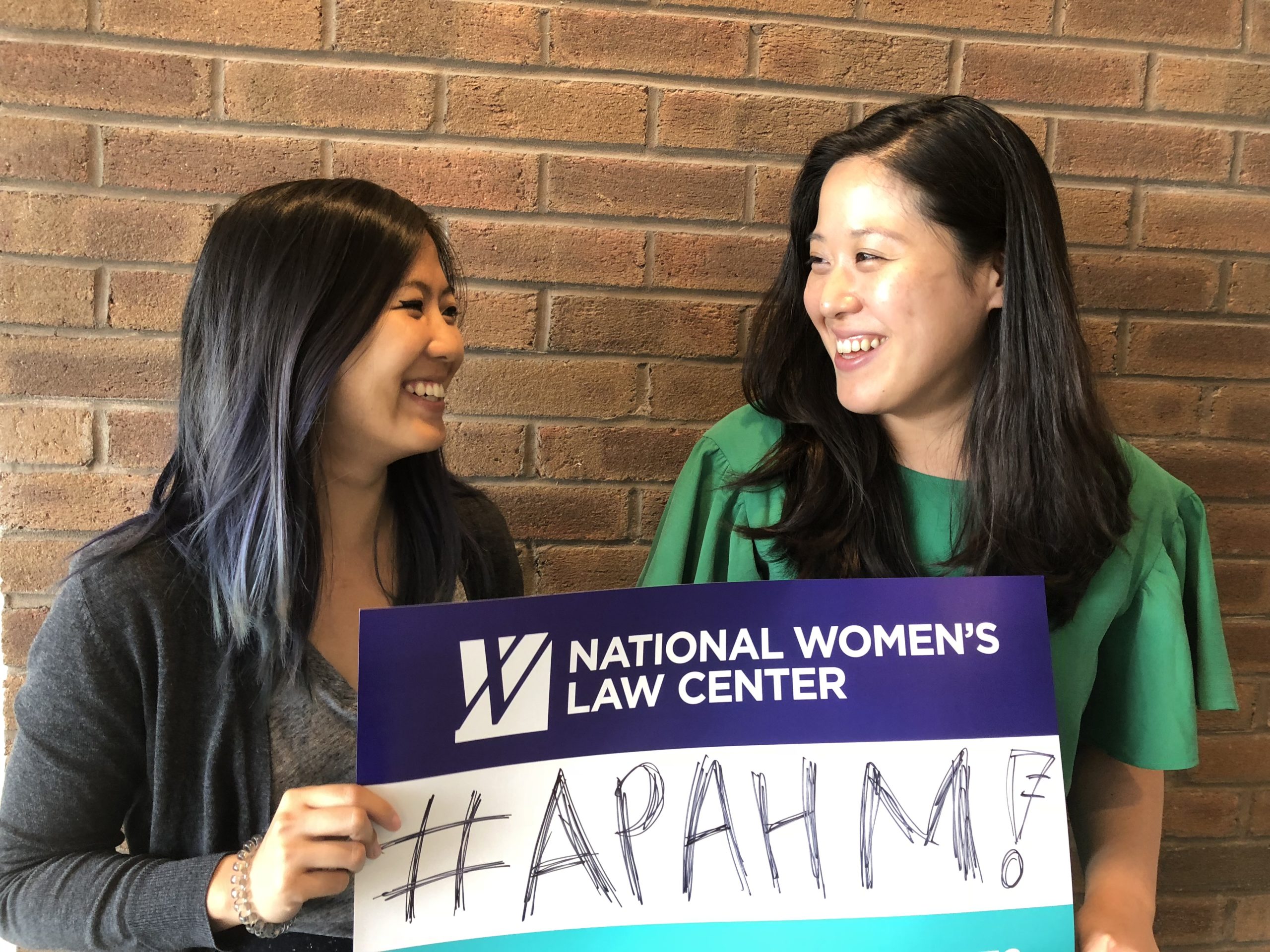
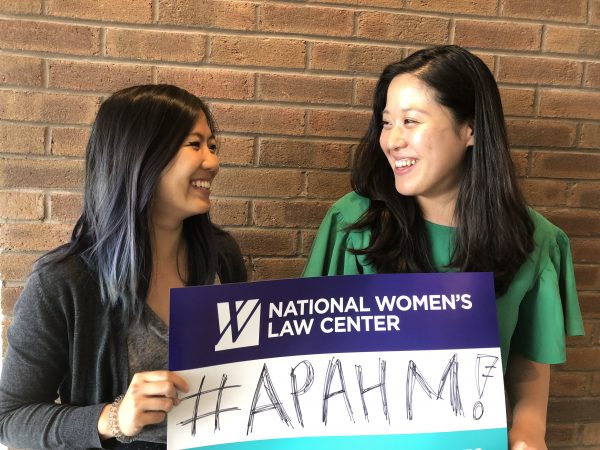
May is Asian Pacific American Heritage Month (APAHM), which means for this whole month of May, we celebrate the culture, traditions, and history of Asian Americans and Pacific Islanders (AAPIs) in the United States. It’s a time for celebration but also a time for reflection on what it means to be an AAPI in this country.
While the United States has come a long way since the Chinese Exclusion Act and the Japanese American internment camps during WWII, AAPIs still get lumped into a single category that includes A LOT of different people who aren’t necessarily always represented and often are marginalized.
Look at AAPIs in film and TV. There are barely any, and when we do see AAPIs, they’re often stereotyped and rarely ever playing leading roles. Which is why we’re very excited for the release of Crazy Rich Asians. This movie will be the first English-language film since 1993’s Joy Luck Club to feature an all-Asian cast. It’s taken 25 YEARS to see Asian American representation in film in this way. That’s a BFD!

As two AAPIs, we’re going to talk about the need for more Asian representation in film and how that affects the way we are viewed and treated, as well as our own identities as AAPIs. Please keep in mind that we’re both of East Asian descent so we can only speak from our experiences and don’t represent the entire Asian experience.
Yumhee: I got choked up watching the trailer for Crazy Rich Asians because I realized just how starved I’ve been to see people who look like me as main characters in a Hollywood film.
Selina: The fact that this movie was even greenlit by a major studio is huge. Hollywood hasn’t exactly been progressive when it comes to including people of color in leading roles. Producers have been reluctant to think that movies with diverse leads will do well, but then we look at Black Panther, a movie with a predominantly Black cast that did amazingly well at the box office, we see that people have been waiting for these kinds of movies.
Yumhee: It’s definitely a big moment for Asian Americans in Hollywood and Asian American movie-goers — but that also comes with a lot of pressure for this film to live up to the collective expectations of more than 21 million Asian American people in the United States, which might not be fair. The bottom line is, we deserve more films and stories where we are the protagonist, not just representing a glamorized life but everyday experiences. I want to see a rom-com with a Chinese-American and a Korean-American couple. I want to see a coming-of-age story of a Vietnamese immigrant. I want to see a horror film where the main character is a kickass Hmong woman. (JK, I never want to see horror films, but you know what I mean.)
Selina: I agree. And while the expectations might not be fair, I really hope that this movie does well so that we can see more major movies and TV shows with Asian leads. I was so excited when John Cho played the romantic lead opposite a white woman in Selfie because we never see Asian men portrayed that way, but that show only lasted a season. And it’s only just this year that Sandra Oh got her own television show, Killing Eve. I want people to get used to seeing Asian actors in movies, TV, plays, musicals, and so on playing roles that aren’t just Asian stereotypes but that are real people like you and me It shouldn’t be weird or novel to see Asian Americans in leading roles.
Yumhee: When was the first time you saw yourself in a film, TV show, or even a book?
Selina: That’s a hard question. I don’t know if I have seen myself in a film, TV, or book. At least not in the mainstream. I could say Mulan, but that’s not really true. As a kid, I really loved Mulan just because it was one of the only films out there with someone who looked like me, but she wasn’t really like me. I have mostly looked to other platforms outside of the mainstream for content with Asian American representation. The YouTube channel WongFu Productions was probably the first time that I found content that I felt actually represented me. They have all these stories that included people who happened to be Asian but weren’t playing into their “Asianness” and felt like very real and authentic representations of Asian Americans.
Selina: When was the last time you saw a representation of you that rubbed you the wrong way, that made you angry or sad?
Yumhee: When Scarlett Johansson played Motoko Kusanagi in Ghost in the Shell. When Mackenzie Davis played a Korean scientist, Mindy Park, in The Martian. When Emma Stone was cast as a Hawaiian in Aloha. And that’s just a handful of the times when Asian roles were whitewashed. The instances when there have been AAPI representation on screen and they’ve been the sidekick, the best friend, the punchline, or all three reflected all the ways I was made small by teachers, peers, and colleagues in real life. Also, when searching “fierce Asian” on giphy for this blog resulted in a bunch of GIFs of stereotypical “sexy Asian women.” Facepalm.
Selina: Yeah, besides the blatant white-washing of roles that should be played by an AAPI, I’m always a little wary when I see AAPI’s in film or TV because I’m worried that they will be portrayed as a stereotype, like Raj in The Big Bang Theory or they’ll be exoticized and fetishized like in basically any film or TV show where you see an Asian woman playing almost any role where they are portrayed as subservient, submissive, and highly sexualized. AAPIs are constantly playing stereotypes or exotic foreigners. I feel like all these terrible representations of AAPI’s in TV and film have helped to inform society of who AAPIs are, which are not at all real representations.
Yumhee: How do you think these representations in film and media affect AAPIs?
Selina: I think these representations definitely fuel existing stereotypes. For instance, the way AAPIs are always seen as perpetual foreigners since we rarely see otherwise in film and TV. I can’t tell you how many times I’ve been asked where I’m from and people don’t take Utah as a real answer. Or the times people assume I’m bringing a Chinese or Vietnamese dish to a potluck when I don’t even know how to cook Chinese or Vietnamese food. Then there’s the stereotypes of AAPIs as being submissive or good at math, which are also further fueled by those same bad representations in film and TV. People are always surprised that I’m outspoken and opinionated because when they see me, they assume I’m shy and quiet. Or they make the assumption that I can figure out how to split a check just because I’m Asian and I should be good at math. I think because AAPIs have been so thinly represented in TV and movies, we’re always pushing against those wrong stereotypes and doing the work of informing and educating people as to who we really are. Representation in media matters in not only the way we see ourselves but the way that others view us. If we want to build a more inclusive world, media should model that and stop leaving us out so we don’t feel invisible.
Selina: How have stereotypes affected you personally?
Yumhee: I’ve experienced several different themes play out that I’m sure sound familiar to other AAPIs and their experiences being stereotyped. One is the theme of being made to feel like a perpetual foreigner. This can show up in the form of the dreaded question: “Where are you from?” Sometimes I’ve been posed the question: “Are you from North or South Korea?” Other times, it has shown up as blatant racism — where someone will speak to me in a made-up Asian language to get my attention. All of these actions reinforce one message: “you don’t belong here.” It’s disheartening as someone who was born and raised in the United States. Second is the theme of the pressure to assimilate and uphold the white supremacist notion of the “Model Minority.” This often comes about as a response to the “you don’t belong here” message and manifests in quietly accepting the status quo — putting your head down, doing the work, and hoping to achieve the “American dream” — all to prove that we belong here. But as we’ve mentioned before when talking about the Black Lives Matter movement, the stereotype of the “Model Minority” is one that is designed to pit communities of color against each other — and it’s still a societal pressure I’m unlearning today. Then, there’s this internalized conflict between the world’s assumption of who I am and who I’m supposed to be versus who I have chosen to be — that incorporates my culture, my experience, and my dreams and goals. This has shown up in me telling myself I should be more outgoing, I should speak up more, I should toot my own horn. I should do certain things and be a certain way to fit in. But this also conflicts with how I’ve been taught to be more reserved and humble. As an Asian American, I’ve found that there’s a fine line we walk in owning our Asian identity without letting it overcome our American one and vice versa.
Selina: Yeah. I feel the same exact way about my own identity as an Asian American. For me, I think growing up I tried really hard to downplay my Asianness because I just wanted to belong. My first day in kindergarten, a couple of kids came up to me and made fun of my eyes and yelled “ching chong ching” at me. I was also put into ESL for several years in elementary school despite being able to read and being fluent in English just because of how I looked. Growing up, I was pretty aware of my otherness and the things that made me different. I tried really hard to push against the stereotypes and even though I was good at math, I made it clear that I was also good at other subjects and tried hard to be outgoing and to speak my mind despite how shy I was. But at the same time, I didn’t quite fit in with the Asian kids at my high school nor did I quite fit in with the non-Asian kids. Either I was too Asian or not Asian enough because I didn’t fit into a box. It wasn’t until college that I really started to embrace my own Asian heritage. I spent so much time not showing that part of me because I didn’t want people to view me in a certain way but now I really embrace who I am as an American and as a person of Asian descent. It’s taken a lot of time and work though to get to that place and I’m still constantly pushing against the stereotypes and the way that society views me while reconciling that with my own identity as an Asian American.
Bottom line: representation matters. When we don’t see ourselves in movies, TV, and books, it can be hard to envision ourselves in the board room, in Congress, or even in the White House. We need more nuanced representations of Asian Americans that reflect our realities – not as the sidekick or punch line but as the main character.
